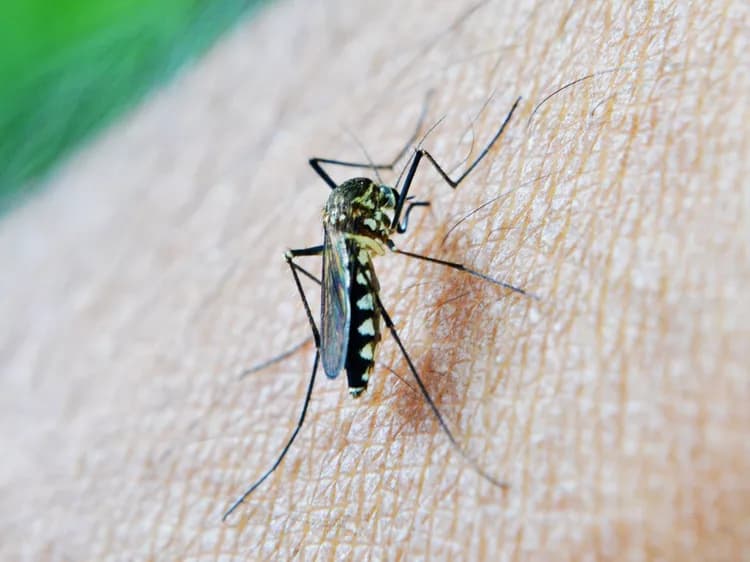
Zika Virus May Persist In The Vagina Days After Infection
The Zika virus reproduces in the vaginal tissue of pregnant mice several days after infection, according to a study by Yale researchers. From the genitals, the virus spreads and infects the fetal brain, impairing fetal development. The findings suggest that the Zika virus may replicate more robustly in the female reproductive tract than at other sites of infection, with potentially dire consequences for reproduction, said the researchers.
The study was published online Aug. 25 in Cell.
Recent reports have confirmed sexual transmission of the Zika virus from infected men to uninfected women. However, researchers have not determined whether the Zika virus replicated in the vagina after women were exposed through sexual intercourse. The potential consequences on fetuses after sexual transmission to pregnant women were also unknown.
To explore these questions Akiko Iwasaki, professor of immunobiology and investigator of the Howard Hughes Medical Institute, and her co-authors observed replication of the Zika virus in the vaginal tissue of control, wild-type mice (genetically unmodified mice) and mice lacking genes that regulate immune system proteins known as type I interferons. Prior studies have shown that these interferons were critical to controlling the virus when it was injected in mice.
The researchers found that the Zika virus replicated in the vagina and persisted post-infection. "We saw significant virus replication in the genital tissue, up to 4-5 days. With other routes of infection, the Zika virus does not replicate unless you block type I interferons. What surprised us most was that the virus replicated in the vagina of wild-type mice with intact interferon response," said Iwasaki. This prolonged presence of the virus has not been observed in other sites of infection in wild-type mice, she said.
The team also detected Zika virus in the fetal brains of mice, and that infection was associated with fetal weight loss. That finding held true even when interferons were not impaired. "Early during pregnancy, if the mother is infected, there is significant impact on the fetus, even in wild type mice," she noted.
While the immune response to Zika virus is different in people, the study results raise critical questions about the impact of sexual transmission. "The finding may be important for women, not only pregnant women," said Iwasaki. "The vagina is a site where the virus can replicate and possibly transmit to partners. In pregnant women, vaginal transmission of Zika virus may have a significant impact on the developing fetus."
The finding is also significant given the fact that, according to reports, Zika virus can also persist in semen up to 180 days post-infection, notes the Yale researcher. In addition, a recent report indicates a female-to-male transmission of Zika virus after vaginal intercourse. The reproductive organs appear to be a "niche" for the virus, she noted, and future studies should focus on the prevention or treatment of vaginal Zika viral infection during pregnancy.
Other Yale authors include Laura Yockey, Luis Varela, Tasfia Rakib, William Khoury-Hanold, Susan L. Fink, Bernardo Stutz, Klara Szigeti-Buck, Anthony Van den Pol, Brett D. Lindenbach, and Tamas L. Horvath. The work was supported by the Howard Hughes Medical Institute, and the National Institutes of Health.
Related Articles
Test Your Knowledge
Asked by users
Related Centers
Related Specialties
Related Physicians
Related Procedures
Related Resources
Join DoveHubs
and connect with fellow professionals

0 Comments
Please log in to post a comment.